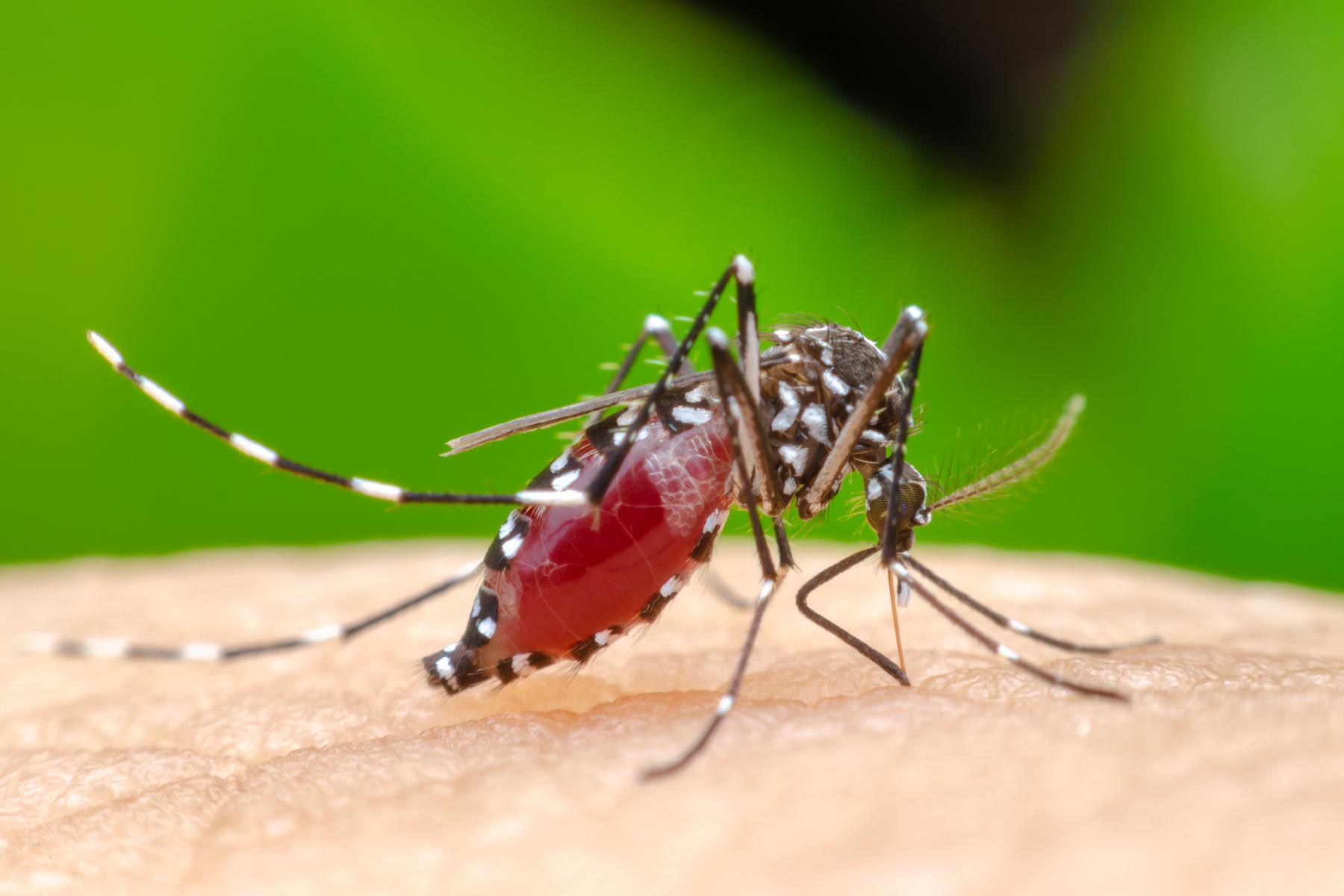Medical lab scientists decry high rate of malaria misdiagnosis
He said lack of quality assurance accounts for different malaria results from different laboratorie

The Association of Medical Laboratory Scientists of Nigeria (AMLSN) has enjoined members to adhere to standards and procedures in malaria diagnosis in other to ensure quality results and public confidence.
Joseph Salifu David, Chairman of the Federal Capital Territory (FCT) branch of the association made the call Monday in Abuja during the branch’s third annual scientific conference.
He said lack of quality assurance accounts for different malaria results from different laboratories, adding that the association decided to partner with the National Malaria Elimination Programme (NMEP) to create awareness amongst its members to reverse the trend.
He said, “The results are released with reckless abandon, with outrageous parasite count of two-plus and above.
“Malaria parasite test results are hardly reproducible in Nigeria. It’s debasing that if you visit three laboratories for malaria parasite tests, you will get three contradictory results.
“This lowers the confidence of clients in the credibility of the procedures employed on the tests; as much as it puts question marks on the proficiency of lab professionals.”
He said misdiagnosis of malaria has implications on treatment and there is a need for medical laboratories and professionals to sit up.
“If you don’t know the morphology of different strains of malaria parasites, and their various stages of development, under the microscope, don’t report it, otherwise you’ll be misleading both the patient and the doctor.
“If you don’t know how to prepare a good malaria parasite slides, don’t accept malaria parasite test requests in your lab. Go for re-training. There is no shame in it. Thank goodness, a handful of foreign non-governmental organisations operating in the country offer such re-training sessions spread across the year in their annual conferences,” he advised.
The Technical Director National Malaria Elimination Programme (NMEP), Prof Olugbenga Mokuolu said there is a need for improvement in the quality assurance chain of malaria diagnosis such as skilled manpower, access to quality reagents and other diagnostic tools, better accreditation programme and having people that are certified in malaria microscopy.
Acting Secretary of Health, Federal Capital Territory Administration(FCTA), Dr Mohammed Kawu who was represented by Dr Abubakar Ahmadu, Director of Medical and Diagnostics, said there were many causes of fever and so there should be laboratory testing or investigations before people are diagnosed or treated for malaria.
“There should be parasite based testing, either microscopy or rapid diagnostic test because it is critical to the management and control of malaria,” he said.
